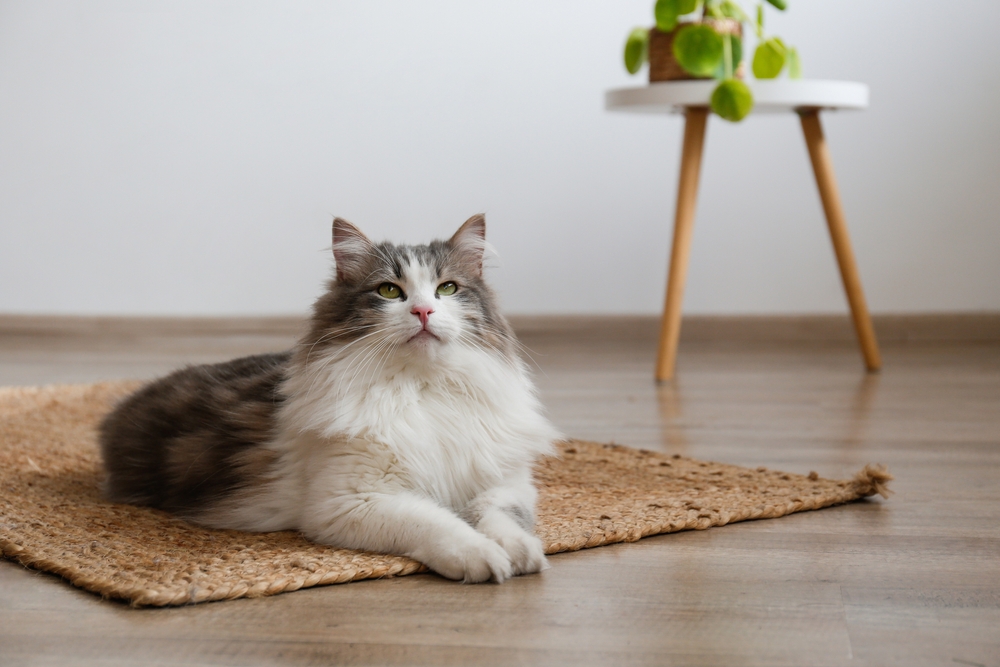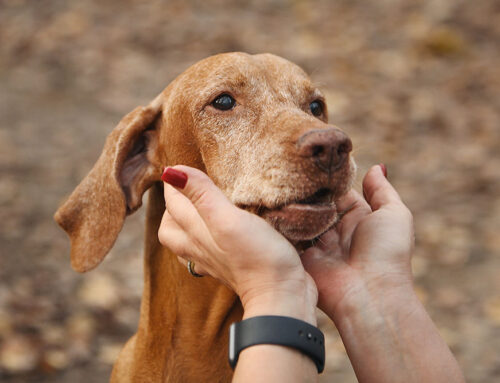Your pet has been there for you through many of your life phases, and you can be there for them as they inevitably age. As your pet enters their golden years, their needs shift, and they may experience physical and emotional changes. You can support your senior pet’s overall wellbeing by making simple accommodations to ensure their comfort. Our team at Midtown Veterinary Hospital shares tips to help you navigate the challenges and embrace the joys of caring for a senior pet.
#1: Schedule senior pet wellness exams biannually
You can support your pet’s health as they age by ensuring they have regularly scheduled wellness exams. Pets age much more quickly than people. Cats and small dogs reach senior status at around 10 years of age, while larger dogs are considered senior when they are about 5 years old. Senior pets are at a higher risk for numerous health issues, including:
- Osteoarthritis
- Kidney failure
- Liver failure
- Cancer
- Diabetes
- Thyroid dysfunction
- Endocrine disorders
- Cognitive dysfunction
Older pets need extra attention when it comes to their health and should be evaluated by a veterinary professional at least every six months to ensure they remain healthy. The biannual checkups help your veterinarian detect and address potential health concerns at an earlier, more manageable stage, which dramatically improves outcomes and quality of life.
#2: Keep your senior pet at a healthy weight
Pets of all ages can become overweight, but the greatest prevalence of obesity occurs in pets over 5 years of age. Metabolism often slows with age, and, combined with their reduced activity level, senior pets can pack on the pounds easily. Extra weight means extra stress on your pet’s joints, which increases wear and tear and can lead to painful osteoarthritis and reduced mobility. Use these tips to help your senior pet maintain a healthy weight:
- Assess your pet’s body condition — A pet’s body condition score (BCS) is similar to a human’s body mass index (BMI) and provides a more accurate assessment of their overall body fat than a number on the scale.
- Calculate your pet’s daily calorie requirements — Determine your pet’s daily caloric needs with a pet calorie calculator. Divide the total into meals, which will help your pet feel full throughout the day. To ensure your pet is receiving their essential amount of food, use an actual measuring cup or kitchen scale to portion their meals.
- Engage in daily exercise with your pet — While a balanced, portioned diet is critical to your pet’s weight management, regular daily exercise is equally important. Choose low-impact exercises that are appropriate for your pet’s age and physical condition to keep their waistline trim and their joints healthy.
#3: Keep your senior pet’s mind sharp
Engaging your senior pet’s mind can improve their quality of life and prevent or slow cognitive dysfunction syndrome (CDS), a dementia-like disorder that is common in senior pets. Incorporate the following activities into your pet’s daily routine to provide mental stimulation:
- Interactive games — Engaging toys, such as food puzzles, provide mental stimulation and slow down voracious eaters.
- New tricks — Teaching and practicing new commands with your pet engages their brain and strengthens your bond.
- Hide and seek — Hide your pet’s toy, and let them find it by following their nose.
- Alternate routes — Visit a new neighborhood on your daily walk, or travel in the opposite direction on your regular route, giving your pet time to investigate new smells along the way.
#4: Make your home senior-pet friendly

Make simple accommodations to your home to create an environment that can significantly enhance your pet’s comfort and safety. Use these strategies to adapt your home to your pet’s changing needs:
- Skid-proof flooring — Older pets may struggle with slippery surfaces. Consider using non-slip rugs or mats in areas they frequent.
- Ramps and stairs — Use ramps for areas or furniture that your pet often accesses, like beds or couches. This helps pets with joint pain or mobility issues. Pet stairs also can be a great aid for reaching elevated places.
- Orthopedic bed — Your pet spends much of their day sleeping, so a high-quality, comfortable bed is essential. An orthopedic bed or insert that eases joint and muscle pain is especially comforting for older, arthritic pets.
Regular preventive care is the best way to support your senior pet and ensure the two of you enjoy many more years together. To give your pet the gift of a wellness examination and screening, contact Midtown Veterinary Hospital to schedule an appointment.






Leave A Comment